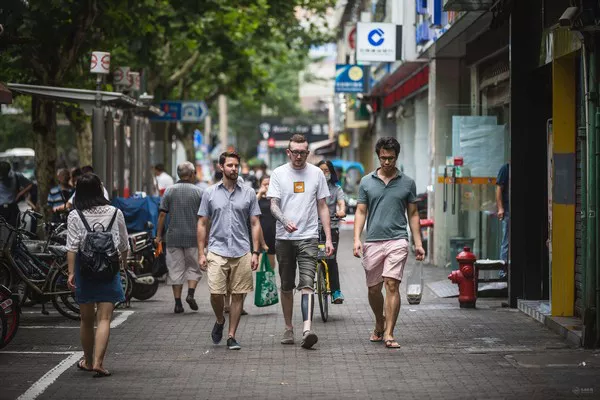The introduction of surveillance technology, including cameras that monitor vital signs like pulse and breathing, in mental health wards has raised significant concerns among patients and mental health professionals. While these technologies, such as Oxevision, are intended to improve safety by reducing the need for direct observation, they have sparked fears of privacy violations and increased anxiety, particularly for those already experiencing mental health issues.
Patients like Hat, 27, and Sophina, 28, have shared distressing experiences of being monitored without explicit consent, emphasizing the impact on their mental wellbeing. “It’s the sense of Big Brother always watching you,” Hat stated, adding that the presence of cameras felt both “scary” and “dehumanising,” especially for those suffering from paranoia. Some patients have reported resorting to sleeping in corridors or bathrooms to avoid being monitored, unable to feel safe in their own beds.
The technology, which uses infrared cameras to monitor patients’ movement, pulse, and breathing, is designed to ensure patients’ safety with minimal direct observation. However, while hospital staff are not always monitoring the footage, they can access it if an alert is triggered due to potential risks. Despite the safety intentions, patients report feeling violated, fearing surveillance at all times. Hat’s campaign group, Stop Oxevision, has also raised concerns about the lack of patient consent and the potential for breaches in privacy, particularly when cameras are visible to others.
Mental health professionals have also voiced opposition. Dr. Jay Watts, a consultant clinical psychologist and former patient, described the technology as a “scandal,” stating that it capitalizes on the fear of surveillance rather than addressing the real needs of patients. The technology is seen as a cost-effective solution by NHS managers, but many argue it undermines the dignity and privacy of vulnerable individuals.
The Royal College of Psychiatrists and the mental health charity Rethink have both called for a pause on the rollout of this technology until independent research, co-produced with patients and their families, can ensure its ethical and effective use. Brian Dow, deputy CEO of Rethink, stressed that surveillance must be conducted with clear, ongoing consent from patients to avoid exacerbating mental health issues.
In response to the growing concerns, NHS England has instructed mental health trusts to review their use of camera surveillance and plans to update guidance on its application. As of now, the debate continues, with patients and professionals calling for more careful consideration of how such technologies are implemented in mental health settings.
Related topics:




























